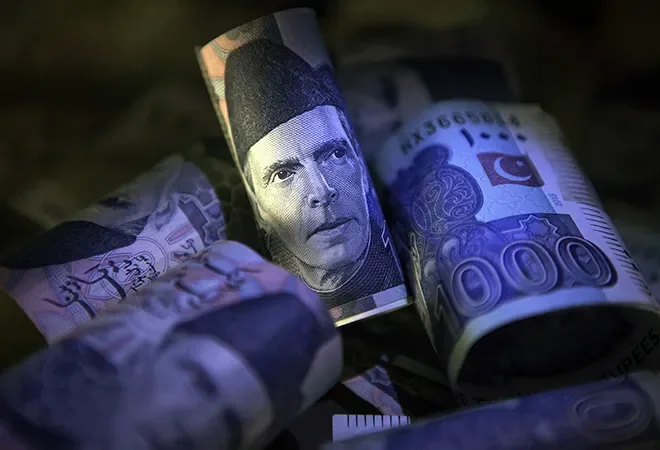If we take a look at the Budget 2020-21 and the Pakistani Economy we can see that like all the other countries of the world, Pakistan will also face some economic challenges during these trying times. According to estimates, the world economy as a whole will shrink by 20-30% for one year. This is the sharpest economic decline the globe has ever faced. In this shrinking Pakistan’s economy will shrink the most it has in decades and the fiscal deficit will grow by 9.4% of the GDP.
The economic policymakers of the country in announcing the budget for 2020-2021 missed many of the economic targets they should have addressed by a very wide margin. The Pakistani economy is expected to shrink by 0.4%. This is a major setback for the economy as a whole. Instead of going on the trajectory of growth with an expected 3.3%. The Budget 2020-21 and the Pakistani economy show that contraction is going to be the deepest the Pakistani economy has witnessed in decades. Since this has never happened before the economic repercussions and the trickledown effect is unknown as yet.
Moreover, the IMF stabilization plan is also putting a lot of pressure on the economy. Covid-19 has hit economies all over the world very hard. These times will try all economies of the world but mostly those that fall in the underdeveloped or developing category. In some extreme cases, the developed as well. It will take a considerable amount of time for the economy to re-stabilize itself. This is because pandemic or not the economy takes a significant amount of time to stabilize and show the effects of any stimulus. However, let us hope that the Budget 2020-21 and the Pakistani Economy both are a step in the right direction.



![Ukrainian and Russian flags with soldier silhouettes representing ongoing conflict. [Image via Atlantic Council].](https://southasiatimes.org/wp-content/uploads/2026/02/2022-02-09T000000Z_1319661209_MT1NURPHO000HXCNME_RTRMADP_3_UKRAINE-CONFLICT-STOCK-PICTURES-scaled-e1661353077377.jpg)


